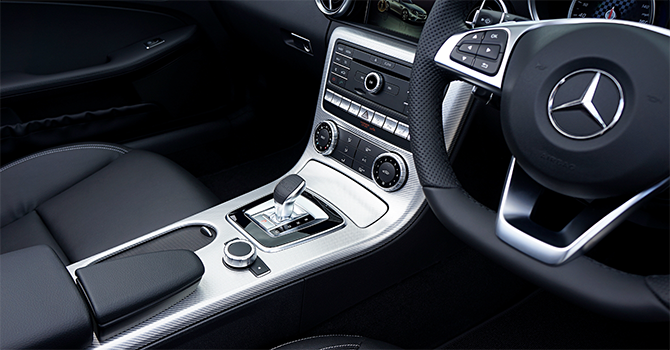Decoding the Drive: Buying vs. Leasing a Car in Singapore
Singapore, a city-state renowned for its efficient public transport and well-connected urban landscape, prompts residents and expatriates alike to ponder a crucial question: Is it more advantageous to buy or lease a car in this dynamic metropolis? In this article, we explore the factors that contribute to the decision-making process, providing insights into the considerations that can shape your choice between ownership and leasing.
1. Cost Considerations:
BUYING
- Singapore’s stringent vehicle ownership regulations, including the Certificate of Entitlement (COE) system and high taxes, make purchasing a car a significant financial commitment. The upfront costs, including COE, Additional Registration Fee (ARF), and Goods and Services Tax (GST), can be substantial.
- Depreciation is a crucial factor. Cars in Singapore depreciate rapidly due to the limited lifespan of the COE. The overall cost of ownership, including maintenance, insurance, and road tax, adds to the financial commitment.
LEASING
- Leasing provides a more predictable and manageable monthly expense without the burden of upfront costs associated with ownership. It is particularly advantageous for short-term stays or individuals not looking to make a long-term financial commitment.
- Maintenance, insurance, and road tax are typically covered by the rental company, reducing unexpected expenses.
2. Flexibility and Commitment:
BUYING
- Car ownership requires a long-term commitment, often tying individuals to a vehicle for a period because of the COE. Selling a car before the COE expires may lead to financial losses.
- Ownership allows for personalization and a sense of permanence, making it suitable for those planning to stay in Singapore for an extended period.
LEASING
- Leasing offers unparalleled flexibility, allowing individuals to choose a vehicle based on their current needs without the commitment of long-term ownership.
- It is an ideal solution for expatriates, short-term residents, or individuals who prefer the freedom to switch vehicles as circumstances change.

3. Usage Patterns:
BUYING
- Individuals who require a vehicle for daily commuting, family outings, or frequent travel may find ownership more convenient in the long run.
- Regular and consistent usage can justify the costs associated with ownership.
LEASING
- For sporadic use or specific occasions, renting a car can be a cost-effective alternative. It is especially suitable for those who primarily rely on public transport but occasionally need a car.
Conclusion
The decision between buying and leasing a car in Singapore hinges on individual circumstances, financial considerations, and lifestyle preferences. For those seeking long-term stability and personalization, buying may be the answer. However, the flexibility and cost-effectiveness of leasing make it a compelling choice for many. Ultimately, the right choice depends on your unique needs and aspirations.
